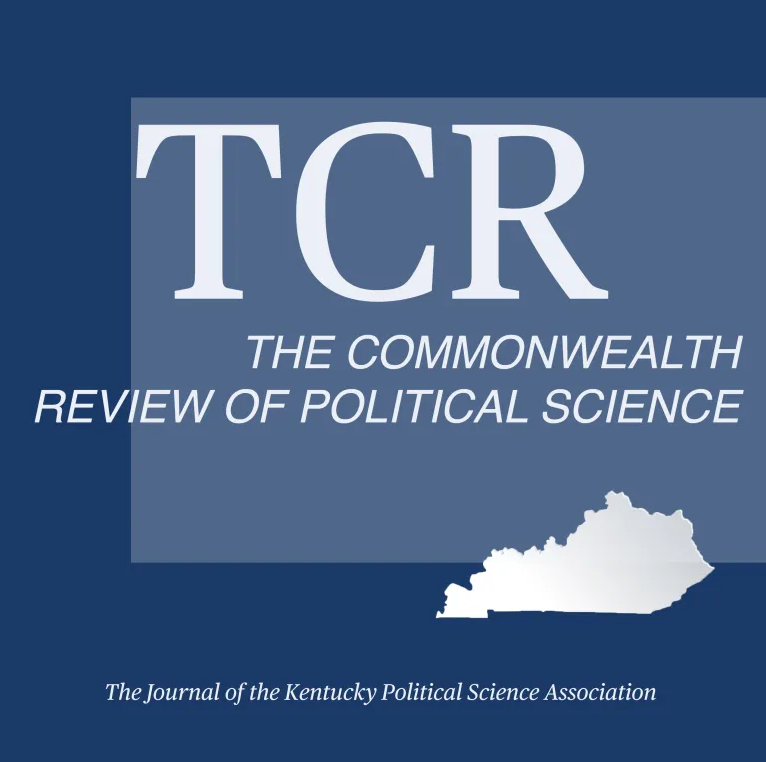Commonwealth Review of Political Science

Abstract
Many voters in states with party affiliation identify with or lean towards one political party but are not registered with it. This sort of “hidden partisanship” may be intentional be it may also result from a combination of changes in a voter’s party identification and the electoral institutions in place. In many states it is difficult to change party registration due to early deadlines intended to prevent crossover voting. Using individual-level survey data, I find that hidden partisanship in a state increases, the further in advance of the primary the deadline to change party affiliation is. This deadline affects primary turnout, with deadlines further in advance of primary elections leading to lower turnout by partisans in their own party’s primary and greater rates of abstention and crossover voting. A difference-in-difference design at the county level shows that moving the deadline to change party registration closer to the primary increases primary turnout.
Recommended Citation
Thornburg, Matthew
(2021)
"Party Registration Deadlines and Hidden Partisanship: An Individual Analysis,"
Commonwealth Review of Political Science: Vol. 5:
No.
1, Article 3.
DOI: https://doi.org/10.61611/2994-0044.1037
Available at:
https://digitalcommons.murraystate.edu/crps/vol5/iss1/3
Included in
History Commons, Political Science Commons, Psychology Commons

